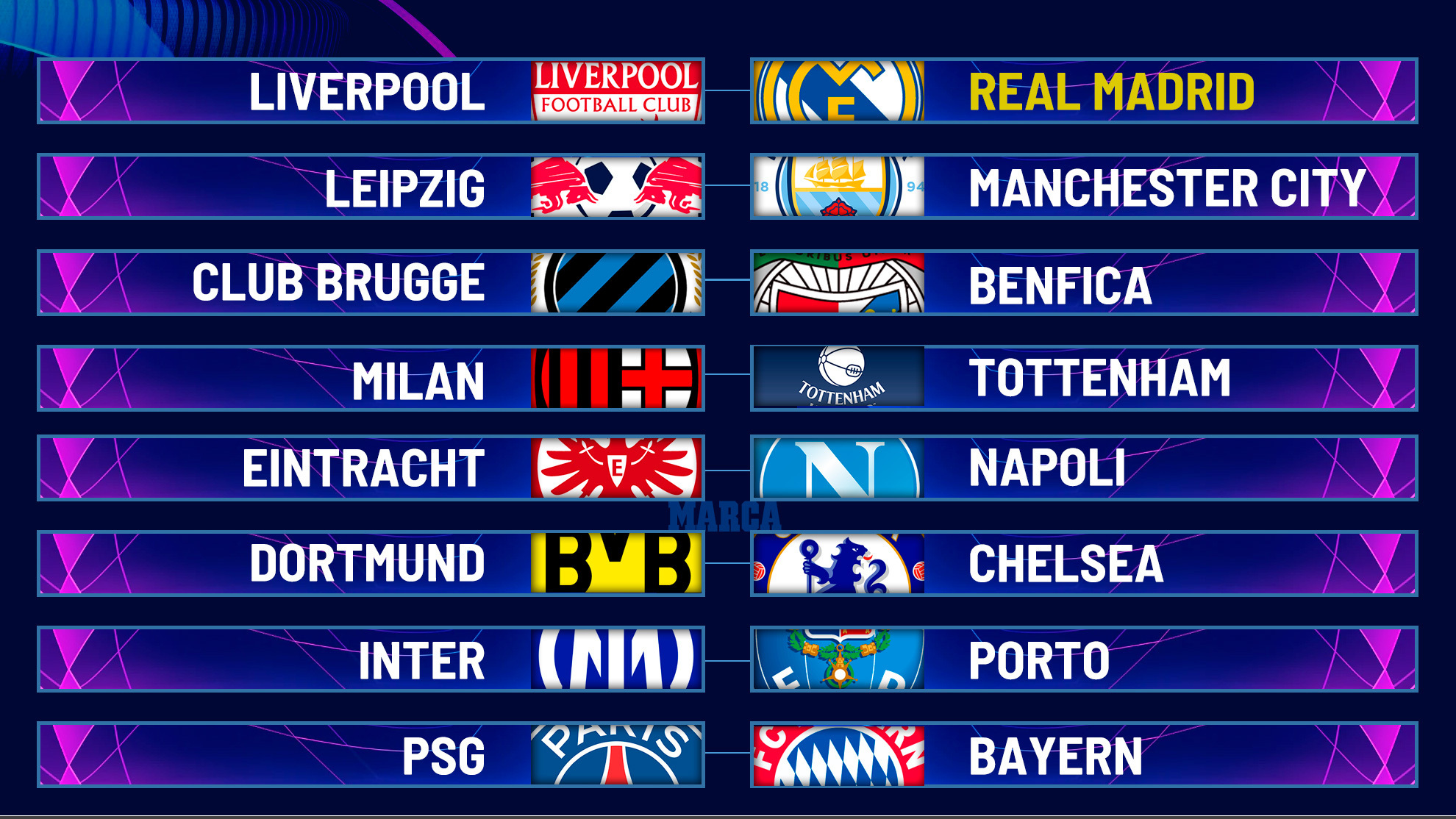
Architects of Victory: Unpacking the Legacies of Football’s Winningest Coaches
In the demanding, often brutal world of professional and collegiate sports, few roles are as scrutinized, celebrated, and ultimately, as impactful as that of the head coach. They are the strategists, the motivators, the disciplinarians, and the ultimate decision-makers. While players execute on the field, it is the coach who shapes the philosophy, builds the culture, and orchestrates the path to victory. Among the myriad metrics used to gauge their success, the raw number of wins stands as a testament to sustained excellence, adaptability, and an unparalleled ability to consistently lead teams to triumph over decades.
This article delves into the hallowed careers of football coaches who have amassed the most wins across various codes, primarily focusing on American Football (both professional and collegiate) and acknowledging the unique landscape of Association Football (Soccer) management. Their stories are not just chronicles of numerical achievements, but narratives of innovation, resilience, profound leadership, and the indelible mark they left on the sport.
The Titans of the Gridiron: American Football’s Winningest
American Football, with its structured seasons and clear win/loss records, provides fertile ground for tracking coaching longevity and success. The names etched at the top of these lists represent eras of dominance, foundational philosophies, and an unwavering commitment to the game.
The NFL Legends: Setting the Unbeatable Standard
When discussing coaching wins in the National Football League (NFL), one name immediately comes to mind as the benchmark: Don Shula. With an astonishing 347 career victories (including playoffs), Shula’s record with the Baltimore Colts and, most famously, the Miami Dolphins, remains unchallenged. His career, spanning 33 seasons from 1963 to 1995, was a masterclass in consistency and discipline. Shula’s Dolphins were a perennial powerhouse, culminating in the unprecedented perfect 17-0 season in 1972, the only undefeated campaign in NFL history. His teams were known for their robust running game, stingy defense, and an unwavering commitment to fundamental football. Shula fostered a culture of hard work and accountability, earning the respect of his players and peers alike. His longevity, coupled with his ability to adapt to changing NFL landscapes, solidified his status as the winningest coach in professional football history.
Trailing Shula, but still among the pantheon, are figures who shaped the very fabric of the league. George Halas, affectionately known as "Papa Bear," was not only a coaching legend but also a founder, player, and owner of the Chicago Bears. His career spanned 40 seasons over five different stints (1920-1929, 1933-1942, 1946-1955, 1958-1967), accumulating 324 wins. Halas was an innovator, credited with developing the T-formation, pioneering the concept of daily practices, and being among the first to use film study extensively. His Bears teams were fierce competitors, winning eight NFL championships. Halas’s legacy is intertwined with the NFL’s origins, making his win total a foundational piece of the league’s history.
In the modern era, Bill Belichick has emerged as the most formidable challenger to Shula’s throne. As of the end of the 2023 season, Belichick stands with 333 total wins (including playoffs), primarily with the New England Patriots, where he forged the most dominant dynasty of the 21st century. His six Super Bowl victories as a head coach are an NFL record, achieved through unparalleled strategic acumen, meticulous game planning, and an uncanny ability to identify and develop talent. Belichick’s coaching philosophy, often characterized by its "do your job" mantra and chameleon-like adaptability, allowed the Patriots to consistently reinvent themselves and remain competitive even as players came and went. His mastery of situational football, particularly late-game adjustments, has become legendary, cementing his place as one of the greatest tactical minds the sport has ever seen.
Other notable NFL coaches with significant win totals include Tom Landry (270 wins), the stoic innovator behind the Dallas Cowboys’ "America’s Team" moniker, known for his Flex defense and sophisticated offensive schemes. Curly Lambeau (226 wins), another foundational figure, was instrumental in establishing the Green Bay Packers as an NFL dynasty in the early decades of the league, winning six NFL championships. These coaches, through their distinct styles and enduring success, illustrate the diverse paths to accumulating a record-setting number of wins in the demanding NFL environment.
Collegiate Coaching Giants: Building Dynasties and Developing Young Talent
The landscape of collegiate football presents a different challenge: working with amateur athletes who are constantly cycling through the program. Yet, some coaches have achieved staggering win totals, building programs that transcend generations.
Eddie Robinson holds one of the most remarkable records in all of football, with 408 career victories at Grambling State University (1941-1997). His entire career was spent at the historically black college (HBCU), where he transformed a small program into a national powerhouse, sending over 200 players to the NFL. Robinson’s legacy extends far beyond wins; he was a civil rights pioneer, a mentor who shaped countless young lives, and a symbol of excellence in the face of adversity. His unwavering dedication to his players and his community for over five decades is a testament to the profound impact a coach can have.
Another legend with an unparalleled win count is Joe Paterno, who amassed 409 victories (though 111 were later vacated due to NCAA sanctions) during his 46-year tenure at Penn State University (1966-2011). While his career achievements are undeniable, marked by two national championships and consistent national relevance, the latter part of his legacy is marred by the Jerry Sandusky child sexual abuse scandal. Paterno’s on-field success, built on a philosophy of "Grand Experiment" – balancing academic excellence with athletic prowess – was immense, but his ultimate legacy remains a complex and controversial subject.
Bobby Bowden (377 wins, with 12 later vacated) created a dynasty at Florida State University (1976-2009), guiding the Seminoles to two national championships and an incredible 14 consecutive seasons finishing in the top five of the AP Poll. Bowden was known for his charismatic personality, his innovative offensive schemes, and his ability to recruit and develop top-tier talent, making FSU one of the most exciting and dominant teams of its era.
Other giants like Paul "Bear" Bryant (323 wins) at Alabama and Pop Warner (319 wins), an early innovator whose career spanned multiple colleges, also stand as pillars of collegiate coaching success, each leaving an indelible mark on the sport’s strategic and cultural development. These coaches demonstrate that longevity, combined with a keen eye for talent and an ability to instill discipline and passion, are key ingredients for sustained winning at the collegiate level.
The Global Game: Success in Association Football (Soccer) Management
Tracking "most wins" in Association Football (soccer) is inherently more complex than in American Football. Leagues around the world have varying structures, cup competitions abound, and managers often move between clubs and even national teams, making a definitive, comparable "total wins" number across an entire career elusive and less emphasized than trophy counts or overall impact. However, some managers have achieved unprecedented levels of success and longevity, undoubtedly accumulating thousands of victories throughout their careers.
Sir Alex Ferguson stands as the undisputed titan of modern football management. His 26-year reign at Manchester United (1986-2013) is legendary, during which he won an astonishing 38 trophies, including 13 Premier League titles and two UEFA Champions League crowns. While an exact career win count is hard to pinpoint across all competitions and his earlier stints at Aberdeen and St Mirren, it undoubtedly runs into the thousands. Ferguson’s genius lay in his unparalleled man-management skills, his tactical adaptability, his ruthless pursuit of excellence, and his ability to constantly rebuild successful teams. He created a culture of winning at Old Trafford that defined an era of English football. His longevity and consistent success at the highest level make him the benchmark for managerial excellence in the global game.
Beyond trophy counts, some managers are revered for their profound tactical innovations and influence on the game’s evolution. Valeriy Lobanovskyi, the mastermind behind Dynamo Kyiv’s European triumphs in the 1970s and 80s, was a pioneer of a scientific, data-driven approach to football. While his career was predominantly with one club and the Soviet national team, his systematic methodology brought consistent success and transformed tactical thinking. Similarly, Rinus Michels, the architect of "Total Football" with Ajax and the Dutch national team, didn’t necessarily accumulate the sheer volume of games managed as Ferguson, but his philosophical impact on the game is immeasurable. His teams played with a fluidity and positional interchange that revolutionized tactics and led to significant trophy hauls.
Modern managers like Pep Guardiola and José Mourinho, while still actively adding to their already impressive trophy cabinets, represent the contemporary face of highly successful, though often shorter-tenured, management. Their success is measured in rapid trophy acquisition and tactical innovation, rather than the multi-decade tenures seen in American Football or the extended reign of Ferguson.
The Common Thread: What Makes a Winning Coach?
Despite the differences in codes and eras, a clear set of common denominators emerges when examining the careers of these winningest coaches:
- Longevity: This is the most obvious prerequisite. To accumulate a massive number of wins, a coach must simply be in the game for a very long time. This requires an incredible level of dedication, resilience, and a consistent ability to stay relevant.
- Adaptability: The game evolves, and so do players and tactics. The greatest coaches are not rigid; they can adjust their strategies, embrace new technologies, and understand the changing dynamics of player relationships and media scrutiny.
- Exceptional Leadership and Man-Management: Beyond X’s and O’s, these coaches are master motivators, disciplinarians, and mentors. They know how to extract the best from their players, foster a winning culture, and manage egos within a team.
- Strategic Acumen: Whether it’s Shula’s disciplined fundamentals, Belichick’s intricate game plans, or Lobanovskyi’s scientific approach, each winning coach possesses a deep understanding of the game and an ability to devise effective strategies.
- Team Building and Talent Identification: A coach is only as good as their players. The best coaches have an uncanny ability to identify talent, develop players, and build cohesive units that perform greater than the sum of their parts.
- Resilience and Mental Toughness: The coaching profession is fraught with pressure, criticism, and setbacks. These individuals demonstrate an extraordinary capacity to bounce back from losses, learn from mistakes, and maintain focus under intense scrutiny.
In conclusion, the coaches who boast the most wins are not merely statisticians; they are true architects of victory. Their careers represent enduring excellence, profound leadership, and an unparalleled commitment to their craft. They have shaped the sport, inspired generations of athletes, and left legacies that extend far beyond the numbers in a win-loss column. As new generations of coaches emerge, the benchmarks set by these titans serve as a reminder that true greatness in coaching is a marathon, not a sprint, defined by consistent success, profound impact, and an unyielding pursuit of perfection.



